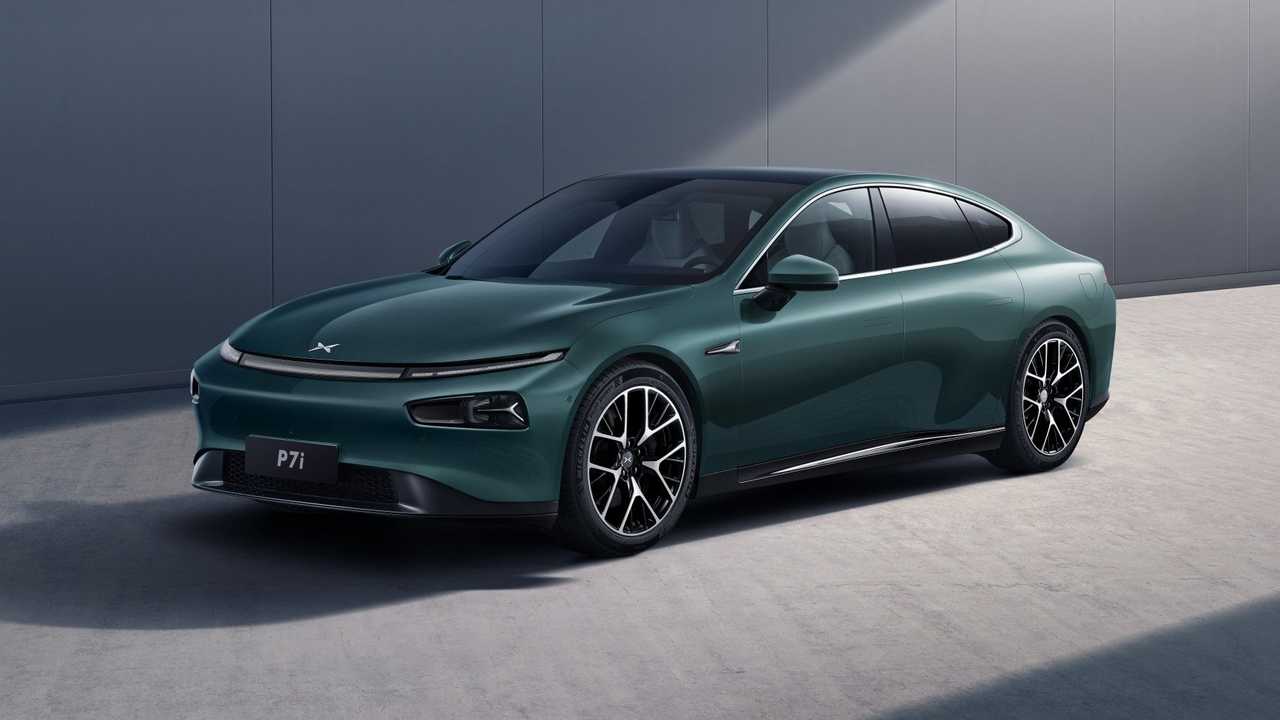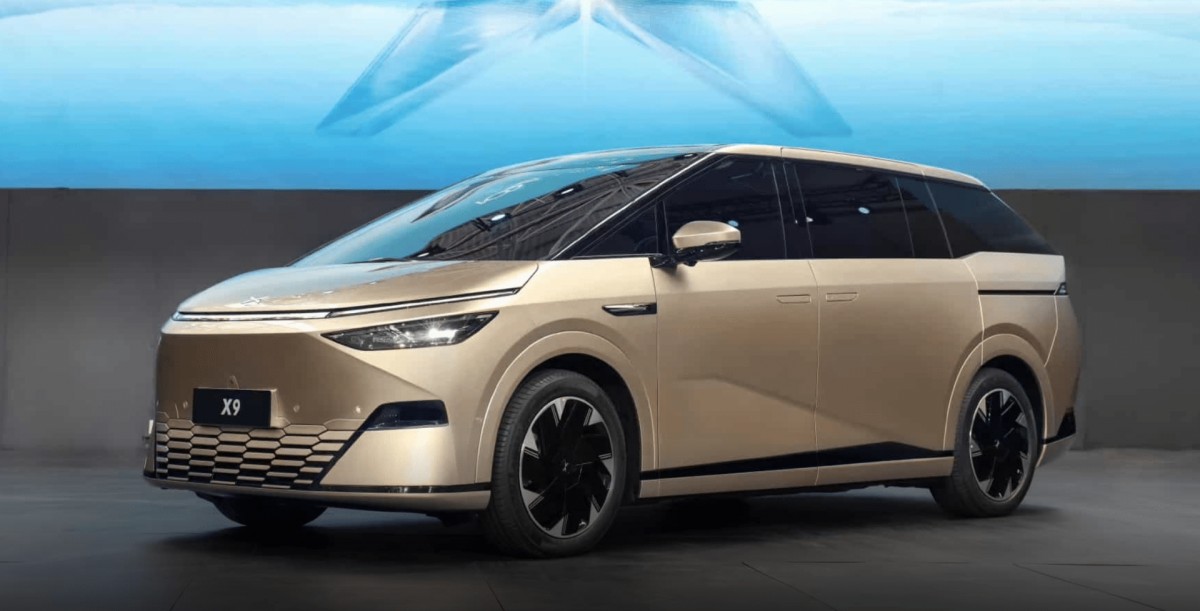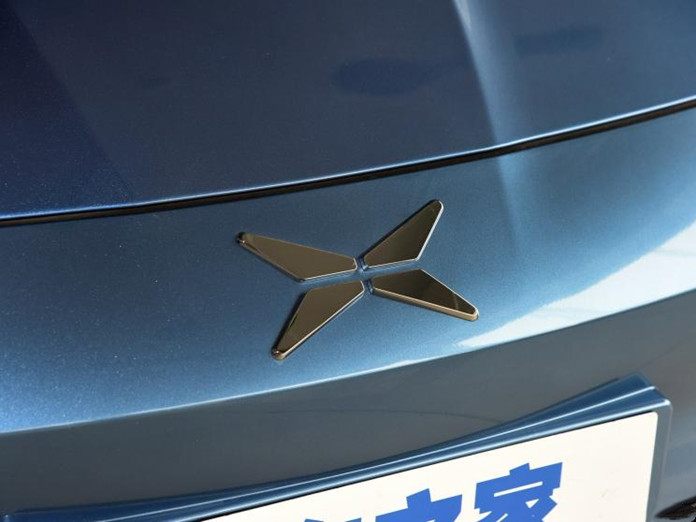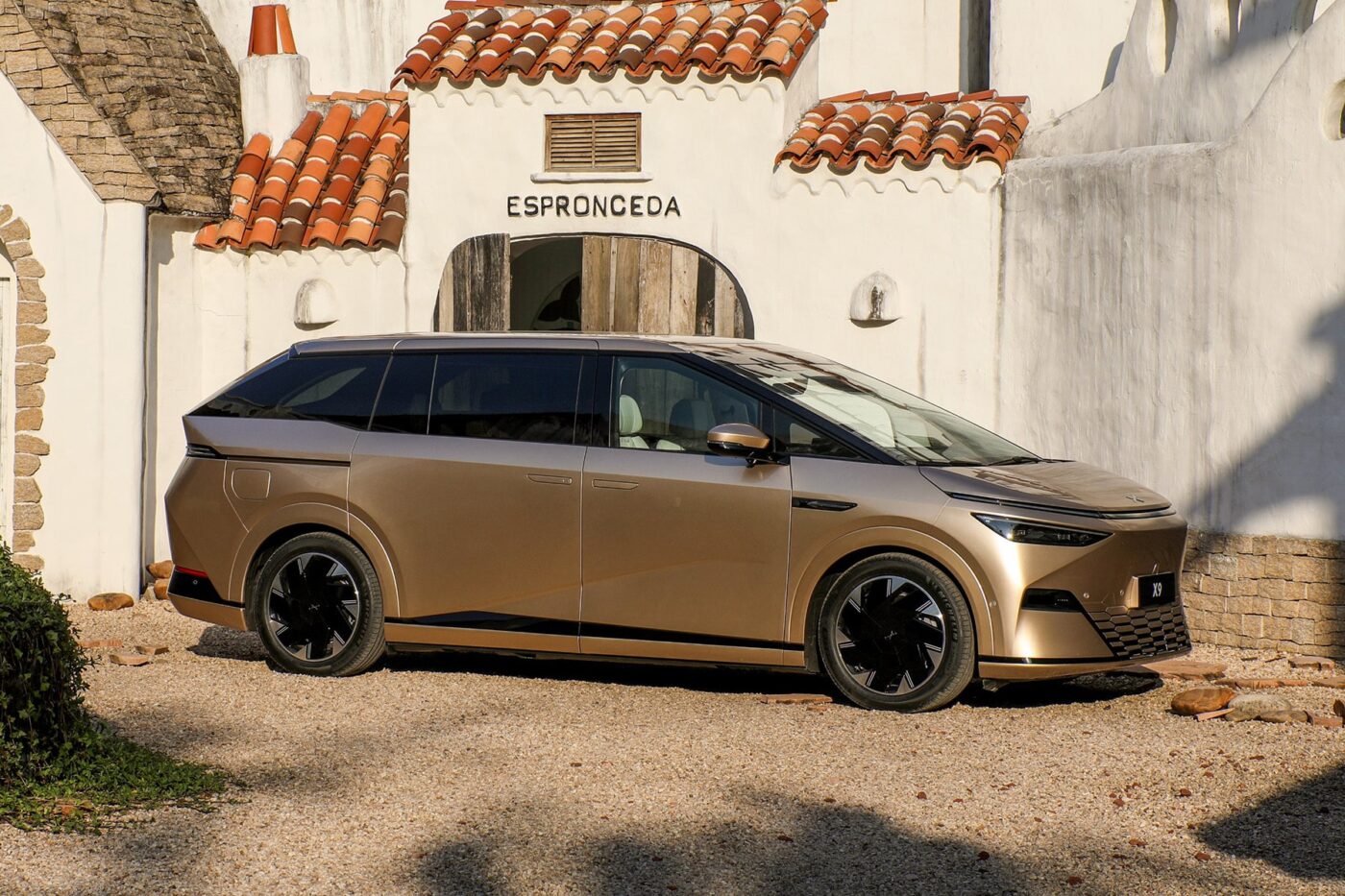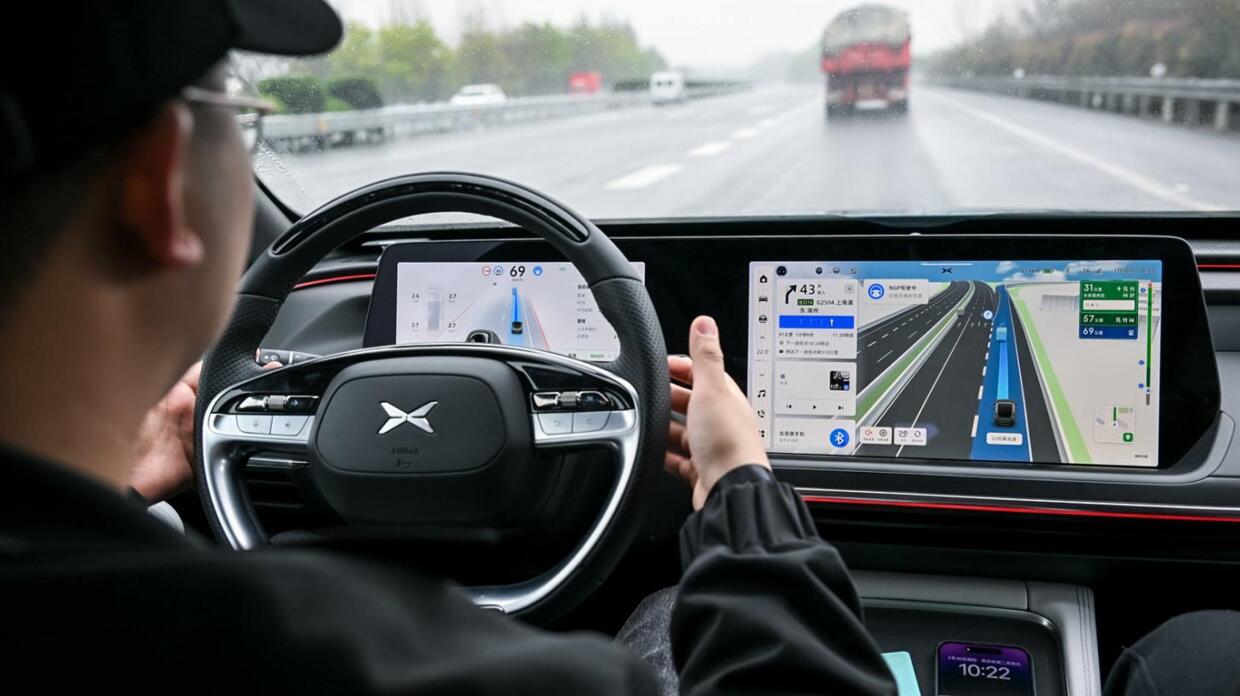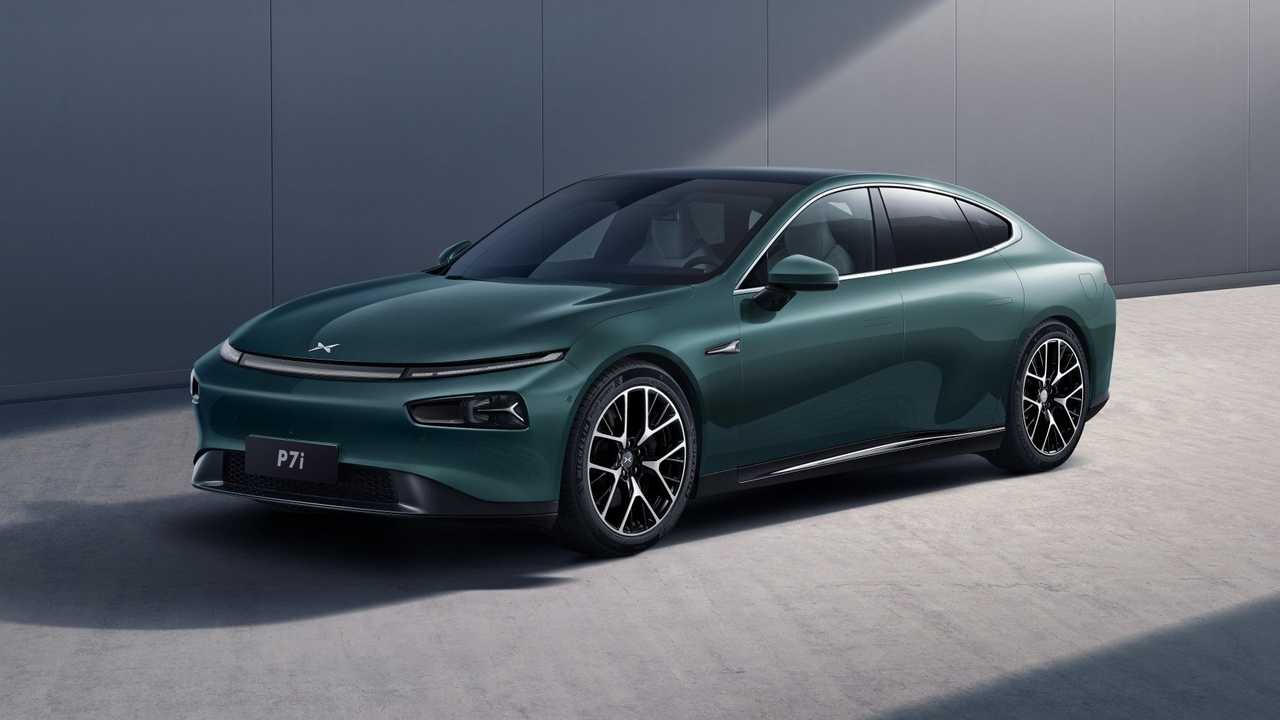Chinese electric vehicle (EV) manufacturer Xpeng has unveiled new versions of its flagship sedan, the P7i, featuring more affordable lithium iron phosphate (LFP) battery packs. This strategic move has resulted in a reduction in the starting price, making the P7i more accessible to a wider audience.
Xpeng’s latest offerings, the P7i 550 Pro and P7i 550 Max, are now available with attractive starting prices of RMB 223,900 and RMB 239,900, respectively. This price adjustment makes the P7i a compelling option for prospective EV buyers.
Previously, the P7i was available in four versions, namely the 702 Pro, 702 Max, 610 Max Performance, and 610 Wing Performance, with starting prices ranging from RMB 249,900 to RMB 339,900. The model name includes a reference to its CLTC (Chinese Long-Term Charge) range, with the latest variants offering the lowest range within the P7i lineup.
What sets the new P7i 550 versions apart is the utilization of LFP battery packs, which exhibit impressive charging capabilities. According to the model’s specifications, these LFP battery packs can charge from 10 percent to 80 percent in just 29 minutes, a noteworthy feature for potential buyers.
While Xpeng does not explicitly mention the supplier, previous information indicates that the P7i’s new versions feature LFP battery packs provided by Eve Energy, boasting a capacity of 64.4 kWh. In contrast, the previously available Xpeng P7i models utilized Li-ion ternary battery packs, with local battery manufacturer CALB among the suppliers.
Xpeng’s strategy has been consistent, initially launching new models with Li-ion ternary battery packs to offer extended range, and subsequently introducing versions with LFP battery packs to reduce starting prices. LFP batteries are cost-effective in comparison to Li-ion ternary batteries, although they possess lower energy density and may have reduced winter range capabilities.
By expanding its P7i lineup to include more affordable options with LFP battery packs, Xpeng aims to attract a broader range of consumers, aligning with the company’s goal of making electric mobility accessible to a wider audience.

